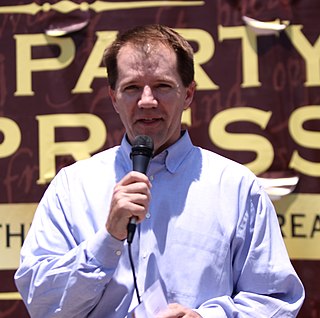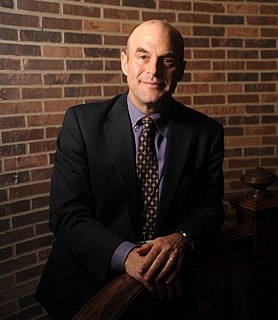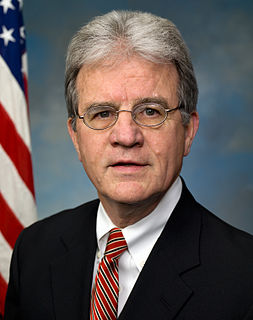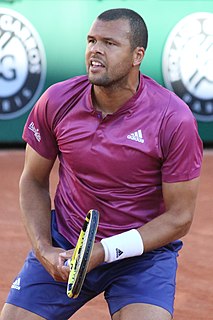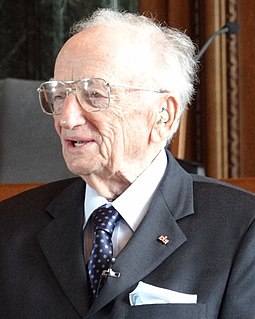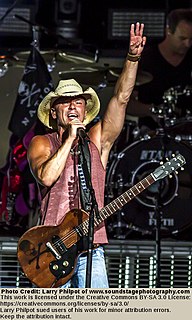A Quote by Jagmeet Singh
When projects like a pipeline are imposed on a province without a buy-in, without a collaborate approach, they just don't go ahead. What happens is they get caught up in court, there's court challenges, the project doesn't proceed.
Related Quotes
In fact, Native American Rights Fund has a project called the Supreme Court Project. And quite frankly, it's focused on trying to keep cases out of the Supreme Court. This Supreme Court, Justice Roberts is actually, hard to believe, was probably worse than the Rehnquist Court. If you look at the few decisions that it's issued.
The real debate is we've had an activist court, and the American people don't want an activist court. And the real fear from those who might oppose Samuel Alito is that he'll bring the court back within a realm where the American people might want us to be with a Supreme Court; one that interprets the law, equal justice under the law, but not advancing without us advancing, the legislative body advancing, ahead of him.
Let's put it in perspective at the United States Supreme Court, which hears maybe 60 cases a year, most of the cases are resolved without much dispute. The 10 or 15 that are controversial we all know about, and we hear about. The federal courts hear just a tiny sliver of the cases that go to court in this country. Most of the cases are in the state courts. And most legal issues never go to court. So, the legal system is actually not in jeopardy. At the same time, access to law is in jeopardy.
Most lawyers aren't trial lawyers. Most lawyers, even trial lawyers, don't get their problems solved in a courtroom. We like to go to court. It seems heroic to go to court. We think we're the new, great advocates, better than anything we've seen on TV, and we come home exhilarated by having gone to court.


